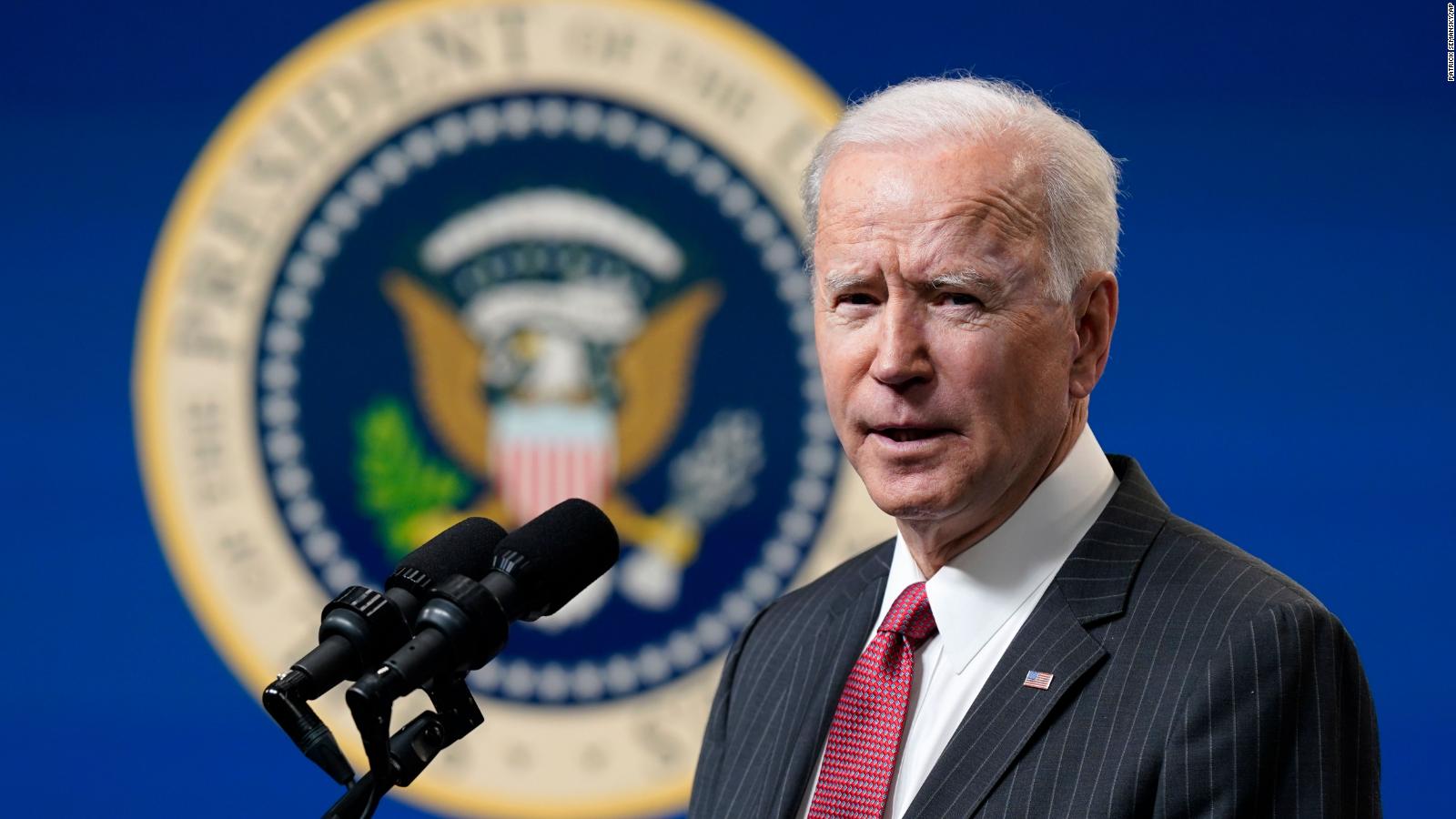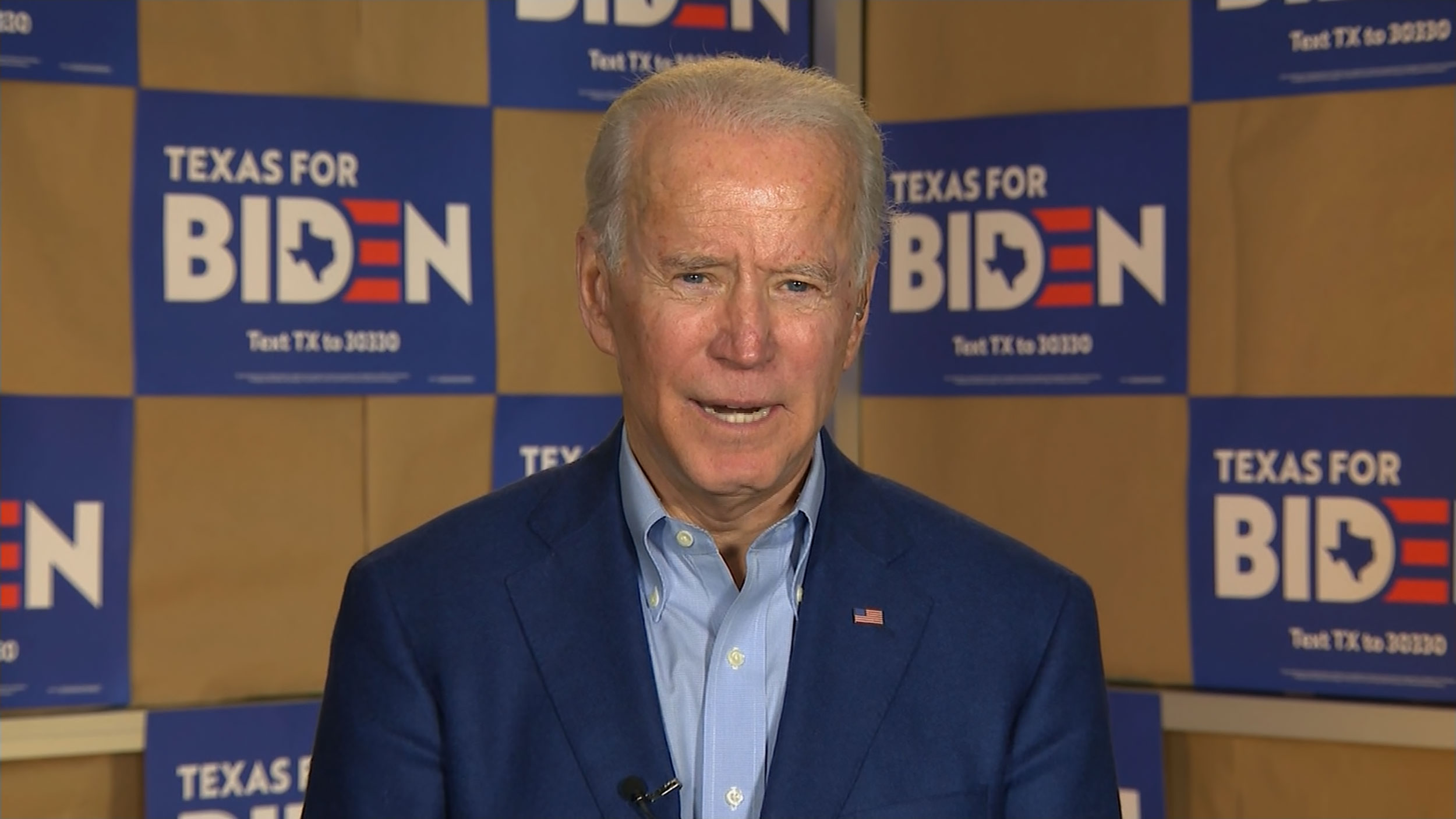Biden’s Agenda and Policy Initiatives: Biden Interview

Biden interview – President Biden has set forth an ambitious agenda that aims to address a wide range of domestic and international challenges. His key policy initiatives and legislative priorities focus on economic recovery, healthcare, climate change, education, and social justice.
Biden’s interview at the Mellon Auditorium has been widely discussed, with many praising his candor and willingness to address tough questions. The interview, which was conducted in front of a live audience, covered a range of topics, including Biden’s plans for the future and his thoughts on the current state of the country.
Biden’s interview has been seen as a sign of his willingness to engage with the public and to be transparent about his views.
The American Rescue Plan, enacted in March 2021, provided $1.9 trillion in economic relief to individuals, families, and businesses impacted by the COVID-19 pandemic. The plan included direct payments, extended unemployment benefits, and funding for vaccine distribution and testing.
In his interview, Biden highlighted the significance of the upcoming NATO Summit 2024. The summit, scheduled to take place in Washington, D.C., will bring together leaders from NATO member states to discuss critical issues affecting the alliance and global security.
Biden emphasized the importance of strengthening NATO’s collective defense capabilities and fostering unity among its members in the face of emerging challenges.
Economic Recovery, Biden interview
- American Rescue Plan: Provided $1.9 trillion in economic relief to individuals, families, and businesses impacted by the COVID-19 pandemic.
- Infrastructure Investment and Jobs Act: A $1.2 trillion investment in infrastructure projects, including roads, bridges, broadband, and clean energy.
- Build Back Better Act: A proposed $1.75 trillion social spending and climate change bill that includes funding for education, healthcare, and clean energy.
Healthcare
- Affordable Care Act (ACA): Expanded health insurance coverage to millions of Americans and provided subsidies to make coverage more affordable.
- American Rescue Plan: Included funding to expand health insurance coverage through the ACA and provide financial assistance to low-income Americans.
- Build Back Better Act: Includes provisions to expand Medicaid coverage, lower prescription drug costs, and invest in public health programs.
Climate Change
- Paris Agreement: Rejoined the international agreement to reduce greenhouse gas emissions.
- Executive Order on Climate Change: Set a goal of achieving net-zero emissions by 2050.
- Build Back Better Act: Includes funding for clean energy investments and tax credits for renewable energy.
Education
- American Rescue Plan: Provided funding for K-12 schools and higher education institutions to address the impact of the COVID-19 pandemic.
- Build Back Better Act: Includes funding for universal pre-kindergarten, tuition-free community college, and increased Pell Grants.
Social Justice
- Executive Order on Racial Equity: Created a government-wide initiative to address racial disparities.
- George Floyd Justice in Policing Act: A proposed bill that would reform policing practices and increase accountability.
- Build Back Better Act: Includes funding for affordable housing, childcare, and paid family leave.
Biden’s Economic Policies and Recovery

In response to the economic fallout from the COVID-19 pandemic, President Biden implemented a series of economic policies aimed at stimulating growth, creating jobs, and providing relief to individuals and businesses.
These policies included fiscal stimulus measures such as the American Rescue Plan Act, infrastructure investment initiatives like the Bipartisan Infrastructure Law, and job creation programs through the American Jobs Plan.
Fiscal Stimulus
The American Rescue Plan Act, passed in March 2021, provided $1.9 trillion in economic stimulus, including direct payments to individuals, enhanced unemployment benefits, and funding for state and local governments.
This stimulus helped to boost consumer spending and support businesses, contributing to a rapid economic recovery in 2021.
Infrastructure Investment
The Bipartisan Infrastructure Law, passed in November 2021, allocated $1.2 trillion for infrastructure projects, including roads, bridges, broadband, and clean energy.
These investments are expected to create millions of jobs and improve the nation’s infrastructure, which has long been in need of repair and modernization.
Job Creation
The American Jobs Plan, proposed by President Biden in March 2021, aimed to create millions of jobs in areas such as clean energy, manufacturing, and caregiving.
While this plan has not yet been passed by Congress, its proposals have been praised by economists for their potential to boost employment and economic growth.
Biden’s Foreign Policy and Global Challenges

The Biden administration has Artikeld a comprehensive foreign policy agenda that prioritizes restoring alliances, addressing climate change, and countering terrorism. This approach reflects a shift from the “America First” policies of the Trump era, and a return to a more multilateral and cooperative approach to global affairs.
Restoring Alliances
Biden has made rebuilding relationships with US allies a top priority. He has re-engaged with the European Union, NATO, and other international organizations, and has pledged to work closely with partners to address shared challenges. This approach is based on the belief that the United States is stronger when it works with its allies, and that a united front is necessary to address global threats such as climate change and terrorism.
Addressing Climate Change
Biden has made climate change a central pillar of his foreign policy. He has rejoined the Paris Agreement, and has pledged to work with other countries to reduce greenhouse gas emissions and transition to a clean energy economy. Biden believes that climate change is a threat to global security, and that the United States must play a leadership role in addressing it.
Countering Terrorism
Biden has pledged to continue the fight against terrorism, but has also vowed to end the “forever wars” that have characterized the US approach to counterterrorism in recent decades. He has withdrawn US troops from Afghanistan, and has promised to reduce the US military presence in other countries. Biden believes that the United States must focus on building partnerships with local governments and civil society organizations to address the root causes of terrorism.
Challenges and Opportunities
Biden faces a number of challenges in implementing his foreign policy agenda. These include the rise of China, the ongoing conflict in Ukraine, and the threat of nuclear proliferation. However, Biden also has a number of opportunities to make progress on his priorities. The United States remains the world’s leading superpower, and has a long history of working with other countries to address global challenges. Biden’s commitment to multilateralism and cooperation is likely to be welcomed by many countries around the world.
Potential Impact
Biden’s foreign policy decisions have the potential to have a significant impact on global stability and security. His efforts to restore alliances and address climate change are likely to be welcomed by many countries, and could help to build a more peaceful and prosperous world. However, his decisions on counterterrorism and other issues could have more mixed results. Ultimately, the success of Biden’s foreign policy will depend on his ability to build consensus and work with other countries to address shared challenges.